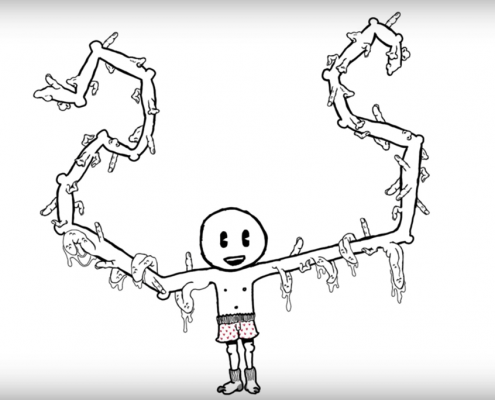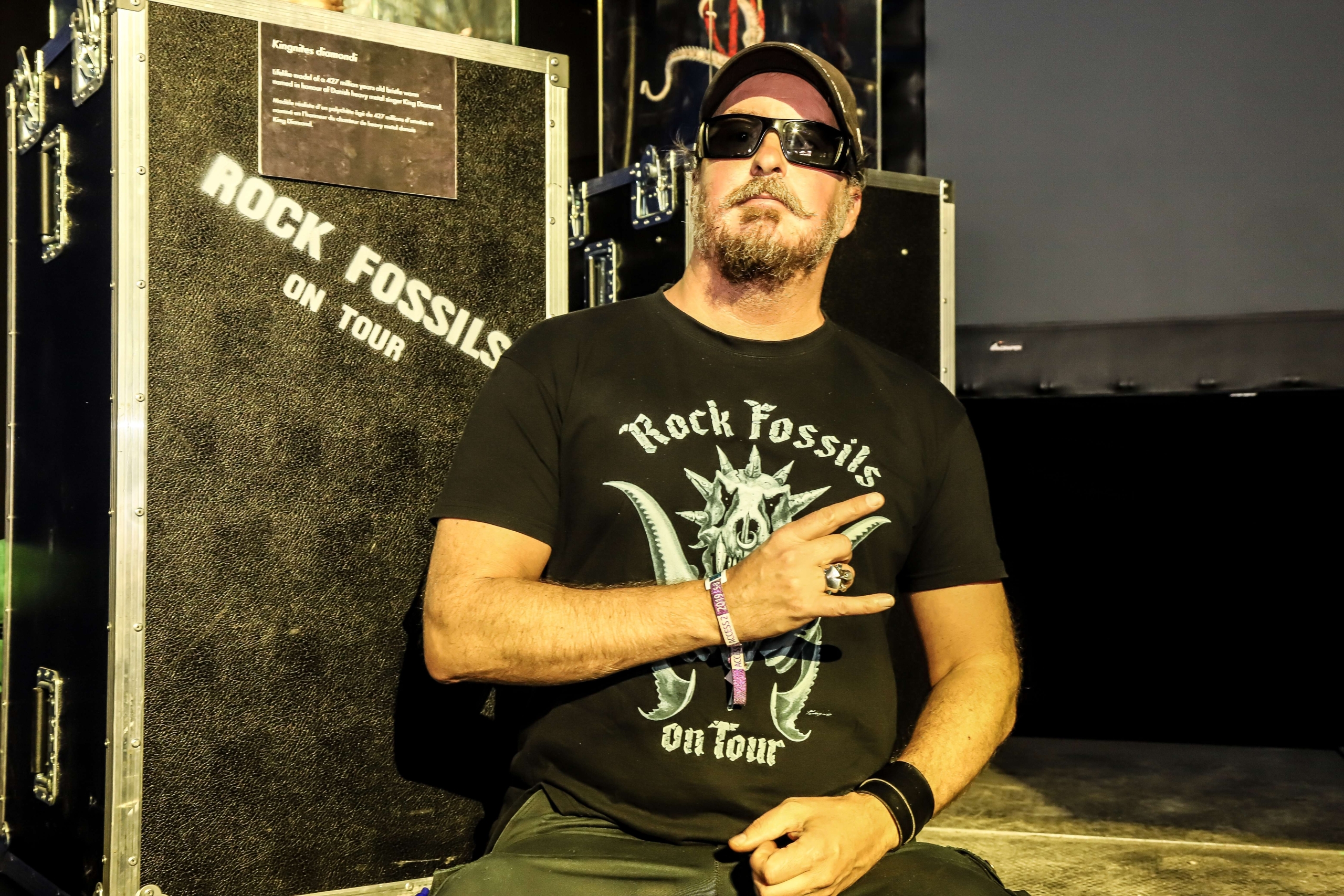Crastina is a platform for the exchange of experience, knowledge and inspiration regarding both scientific peer-to-peer communication and science dissemination
- What? An international network of (mostly young) people who love to communicate science & tech.
- Why? We think science needs to be communicated with more passion and professionalism.
- Where? On our website with interviews & resources + on social media + on Skype and IRL.
- Who? A content group (the Crew), a think tank (the Academy), + lots of friends & contacts.
- When? Right now – as a matter of fact, we’ve just geared up.

A short guide to movie making
It's 2016 and visualising your idea through film is easier than ever. Unfortunately, with so many distractions engaging your audience is a lot harder than it was just a few years ago, and making them lend you 10 minutes of their time seems almost…

Music video about Amblypygids won Evolution Film Festival
”I’ve got eight legs and my name is super cool!” Matt Wilkins, postdoctoral fellow, and Tyler Corey, Ph.D. researcher – both from University of Nebraska – won a film festival prize for their music video about a spectacular order of…

Dance your PhD – 2016 edition open for registration
"Dance your PhD" contest is open for submissions until 30th of September 2016. In this annual dance competition, you need to explain your PhD research in a form of interpretive dance.
Nuclear fusion, water protection policies, sperm competition…


















